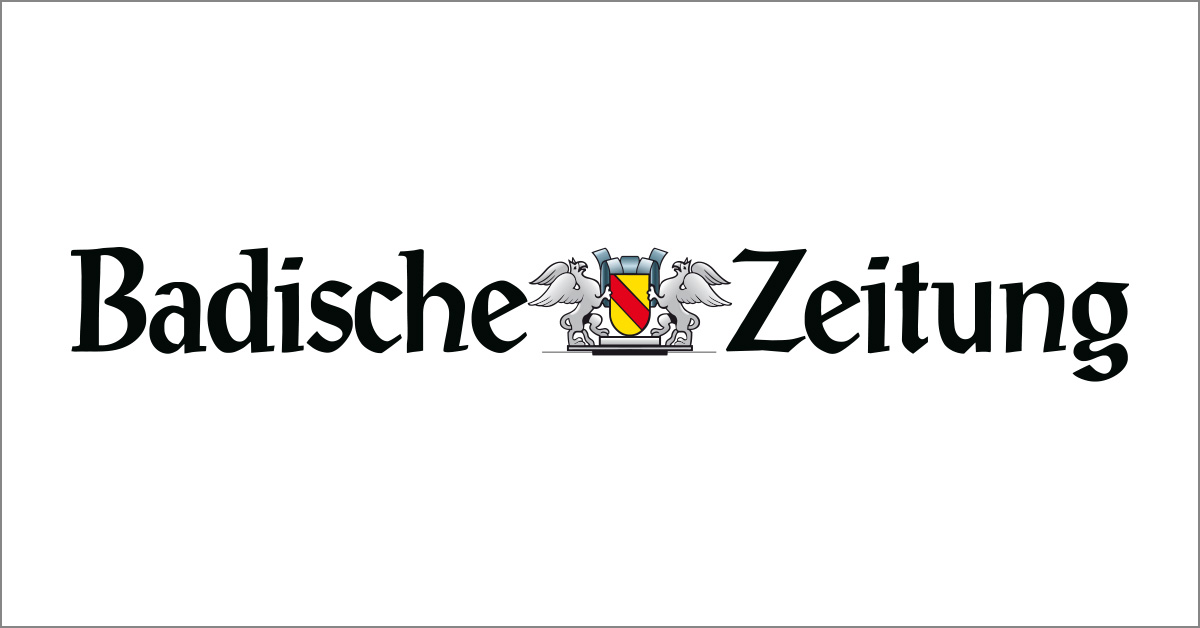In 2022, expenditures of 38 billion euros are set against income of 37 billion euros.
It’s about billions: The Federal Employment Agency (BA) has drawn up its budget for 2022, and the big question was answered with no: No, the Federal Agency will not make it next year either, its spending on unemployment and short-time work benefits, for example to be paid from the contribution income of the unemployment insurance. According to the previous calculation, the federal government will have to contribute around 900 million euros, as board member Christiane Schönefeld has calculated.
Expenditures of almost 38 billion euros would be offset by premium income of around 37 billion euros. The premium income increases thanks to a favorable employment trend. According to the BA’s calculations, spending on unemployment benefits, for example, will decrease. In the new budget, 15.9 billion euros are available for this, 3.2 billion less than in 2021. 1.7 billion euros are planned for short-time working benefits. In the current year, the Federal Agency will spend around 20 billion euros on this – including assumed social security obligations. Basically, the Federal Government cannot be dissatisfied with the way the Federal Agency is doing. Before the crisis, the largest German authority had amassed an immense reserve of almost 26 billion euros. The money was completely used up in the past two budget years. In 2020 alone, the Federal Agency had to pay 22 billion euros only for short-time work benefits. The total costs only for the consequences of the pandemic are assumed to be more than double. The federal government had to contribute a total of 24 billion euros for the two years.
A reserve is to be saved again from 2023 onwards
After spending 61 billion euros in 2020 and a forecast of 58 billion euros in 2021, the 38 billion euros in the approach for the next year look modest. “After two years of crisis with historically high expenditures, we are now again presenting a budget that is approaching the pre-crisis level,” said Schönefeld. It should then be possible to start building up a reserve again from 2023 onwards.
The prerequisite for this, however, is that there will not be a corona lockdown again. Schönefeld is confident about this. “We see that vaccination and testing are more the answer than closing is the answer,” said Schönefeld.
2022 should also be used to accompany processes such as the transformation in industry and the digitization of society. Two billion euros alone are to be made available for further training, 900 million of which for employees. A measure that was particularly important to the employers’ side on the board of directors.
The crisis budget for 2021 also included the payment of 5,500 additional employees – of which only 4,900 were needed, said Schönefeld. In 2022, the number of additional, temporarily hired workers will fall to 3,300. These would be needed to account for the short-time work of the past year, for example, said Schönefeld.
–


